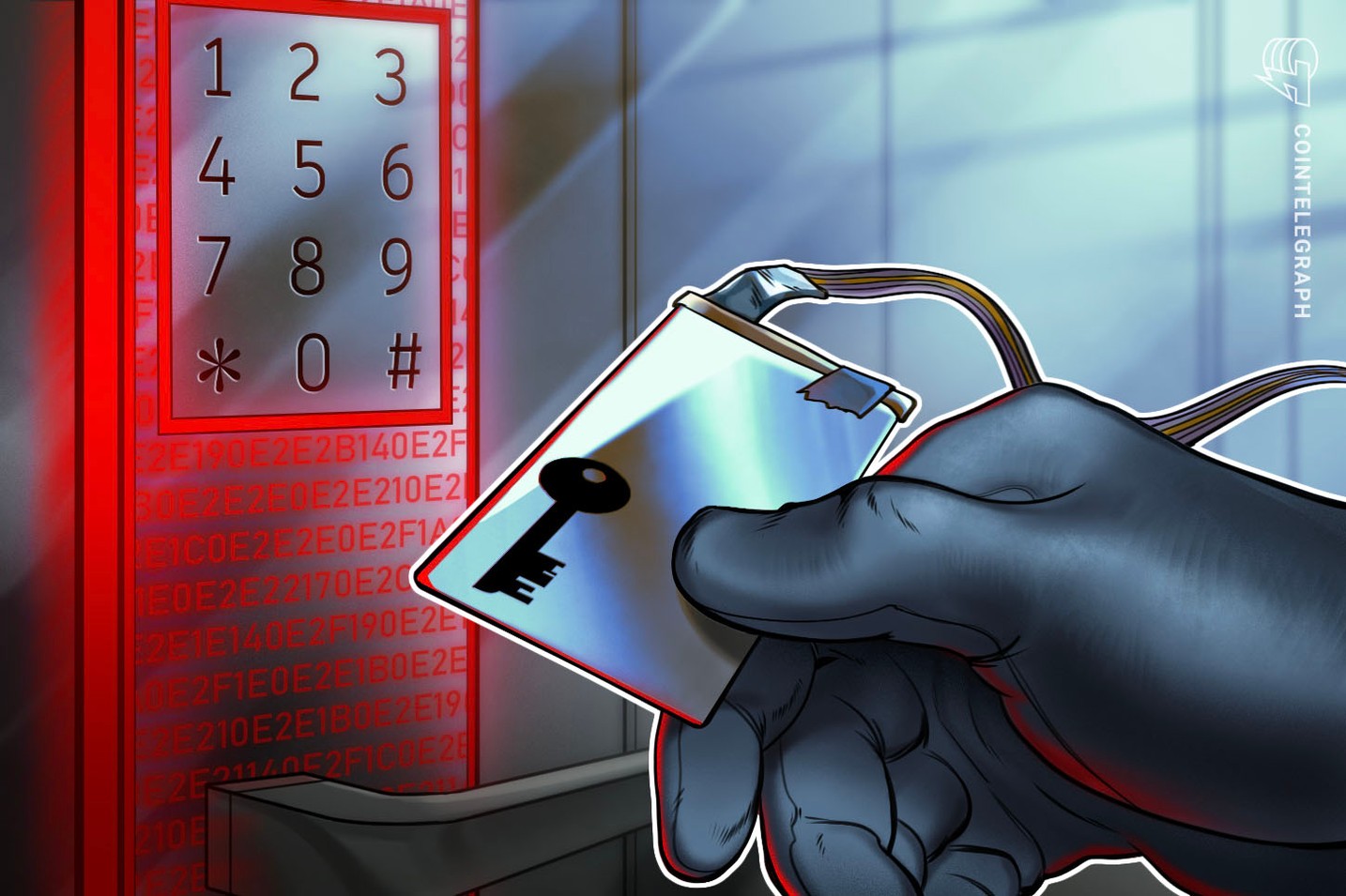7 Reasons DDoS Attacks Became Political Warfare’s Top Tool

DDoS Attacks Emerge as Dominant Political Warfare Tool
According to Netscout researchers, Distributed Denial-of-Service (DDoS) attacks have evolved into a key instrument of political cyber-warfare, becoming ‘more powerful than ever’ with AI innovations pushing automation beyond traditional limits. Global DDoS activity surged by 12.7% in just six months, highlighting the growing threat these cyber assaults pose to democratic institutions and stability.

Background and Context
In recent years, DDoS attacks have evolved into a potent tool for engaging in political warfare, underscoring the significant impact of cyber tactics on global geopolitics. Network security firm Netscout reports that the number of these attacks surged by 12.7% in the latter half of 2024, further solidifying their status as a dominant means of waging political cyber-warfare. Historical precedents, such as their use during the Arab Spring and various elections, highlight how such attacks can disrupt societal stability.
The rise of DDoS attacks coincides with technological advancements, particularly in automation and artificial intelligence, enabling attackers to execute more sophisticated operations with ease. DDoS-for-hire services have proliferated, allowing even those with limited technical knowledge to partake in this form of digital aggression. This evolution raises concerns about the manipulation of public opinion and institutional trust, especially during moments of national vulnerability.
- Global activity reached nearly 9 million attacks in 2024.
- Major increases observed in Latin America and the Asia Pacific.
- Recent attacks targeted high-profile events and platforms, including those related to political figures.
As our world increasingly intertwines with digital infrastructures, understanding DDoS attacks as instruments of political warfare becomes crucial in safeguarding democratic processes and national security.

DDoS Attacks Become a Tool in Political Warfare
Distributed denial-of-service (DDoS) attacks are increasingly recognized as a dominant means of waging political cyber warfare. According to Netscout researchers, global DDoS activity surged by 12.7% in the latter half of 2024 compared to the first half. This escalation resulted in nearly 9 million attacks, marking DDoS attacks as a significant geopolitical weapon on the cyber battlefield.
A DDoS attack overwhelms a targeted server, service, or network with a flood of internet traffic, disrupting its normal operations. Netscout’s report highlights a staggering increase of around 30% in Latin America and 20% in the Asia Pacific, reflecting a shift in the landscape of cyber threats. The total number of DDoS attacks for 2024 stood at 16.8 million, up from 13 million the previous year—a near 30% increase.
The Power of Automation in DDoS Attacks
The researchers noted that today’s DDoS attacks are
DDoS Attacks: The New Frontier of Political Warfare
According to recent findings from Netscout, DDoS attacks have emerged as a dominant form of political cyber-warfare, illustrating a significant evolution in how such attacks are employed. The advent of AI technology has enhanced the capabilities of cybercriminals, enabling them to automate attacks and evade traditional defenses like CAPTCHA. This trend marks a crucial turning point for the cybersecurity industry, as the number of DDoS attacks surged by 12.7% in the latter half of 2024, with the total reaching nearly 9 million incidents.
For businesses and institutions, the implications are profound. The report emphasizes that DDoS attacks are no longer just a nuisance; they have become precision-guided weapons used to disrupt vital services during times of political instability. This shift indicates that organizations must rethink their cybersecurity strategies. As DDoS attacks increasingly target essential infrastructure and amplify societal chaos, the need for robust defense mechanisms becomes critical.
Future Outlook
As nations adapt to this new normal, stakeholders must invest in enhanced security measures and policies to mitigate the risks associated with DDoS attacks as tools of political warfare.

Read the full article here: DDoS attacks now a dominant means of waging political cyber-warfare






